Epsom Salt for Plants, don’t go there!
Did you know that using Epsom Salt for plants can actually do more harm than good?
Though many claim it works miracles in the garden and is perfectly safe you can actually be doing your garden a huge disservice.
This article will explain why using Epsom Salt for plant health in your garden is not a good idea!
Epsom Salt for plants has been touted as a cure-all for many things in the garden.
The internet is rife with claims, some from so-called ‘reliable’ garden sites, but though those sites state why they “think” Epsom Salt is a great soil additive in the garden they do not provide scientific evidence or good sources for their information.
But the truth is these claims are all ‘anecdotal’ at best and harmful to the earth at worst. Especially if everyone jumps on the Epsom Salt bandwagon.
We all know that eating healthy food is what helps us to maintain our health but overeating, even healthy foods is not recommended.
The same is true in our gardens, adding too much of something even vital nutrients will cause a problem.
Why write about Epsom Salts in the Garden?
I don’t relate this information about Epsom Salts to make gardening harder.
Not at all, in fact, I have had so many emails from folks saying how they had been using it based on misinformation and were struggling with the issues I relate here that are directly caused by using Epsom Salt in the garden.
Not knowing the real facts has caused them consternation and loss of precious plants or crops. But magnesium toxicity is real and outweighs any benefits of Epsom salt.
The scientific resources are listed at the end of this post.
Not only do I cite several science-based reports to back up this information but recently I have been working closely with botanists and agronomists on large organic growing facilities and the science behind what plants actually need is fascinating.
I am learning so much and what we as casual gardeners are doing wrong is coming to light. I share what I learn because it can really help the everyday gardener.
This will not always be popular because there is so much folklore attached to gardening that people really believe and they seem to want to cling to it instead of embracing the facts.
Some have claimed they have gotten good results from using such methods especially those with sandy soil. How can it be wrong?
I want you to get it right from the start since it will save you loads of money instead of trial and error.
You need to know if you have a deficiency in the soil before you try to correct it. As a home gardener, how do you even know if you have a magnesium deficiency?
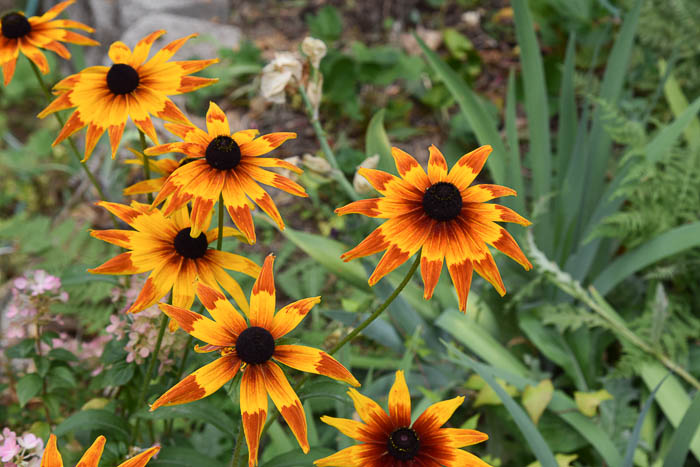
Let’s start with…..
What is Epsom Salt?
Here is the definition:
Magnesium sulfate is an inorganic salt (chemical compound) containing magnesium, sulfur and oxygen, with the formula MgSO4.
It is often encountered as the heptahydrate sulfate mineral epsomite (MgSO4·7H2O), commonly called Epsom salt.
I will simplify it.
Epsom salt is a very simple chemical consisting of magnesium, sulfate, and some water.
Though magnesium is one of the nutrients plants need to grow, it is a minor nutrient which means plants don’t need very much of it.
And here is a very important point…most soils have plenty of magnesium already present in them, especially in the mid-west and western states.
Sulfate consists of sulfur and oxygen. Plants can absorb sulfate directly from the soil and use the sulfur molecule. It too is a minor nutrient for plants.
I am not saying that plants don’t need these elements.
This is important to know: As a general rule, most composts and other commercial fertilizers contain more than enough magnesium and other essential nutrients if you use them in your garden as top dressing or amendments. Adding more in the form of Epsom salts is counterproductive.
Using Epsom salt to get healthy plants was never intended.

Epsom salt for Tomato plants and Pepper plants?
Even though many people claim that adding Epsom salt to your soil prevents blossom end rot on tomatoes and peppers you may be surprised to learn that instead, it may be a contributor to it.
How’s that? The main cause of Blossom End Rot is the lack of calcium uptake by the plant not the lack of magnesium.
All the best garden tips
Prevent Blossom End Rot!
Ultimate Guide to Preventing Blossom End Rot in Tomatoes: Tips for Beginner and Everyday Gardeners.
Here is a wonderful quote from the Michigan State University extension…
Blossom-end rot is caused by insufficient calcium in the tissue of the tomato. Calcium is taken up into the plant through the roots, however, it settles in one part of the plant. This means that rot can occur even when there is an ample supply of calcium in the soil, stems, or leaves. Actively growing parts of the plant such as developing tomatoes must have a continuous supply of calcium to prevent these spots from developing.
The conditions that cause blossom-end rot are closely linked to inconsistent soil moisture throughout the growing season. Since calcium is only moved into the plant with an ample moisture supply when drought occurs the fruit continues to develop but will be affected by a calcium deficiency.
Rapid early growth of the plants can cause rot because the calcium is needed by the tomatoes when they are actively growing and the plants may not be able to take up sufficient calcium quickly enough through the roots. (end of quote)
Adding Epsom salt to the soil may create more rot since magnesium and calcium ions compete for uptake into the plant. The more magnesium in the soil, the less chance that calcium will be absorbed.
Again, calcium and magnesium compete and if one is out of balance then it affects the plant and fruit.
Do you know what will help balance this all out? Using a product that adds humic acid to the soil helps plants to absorb what they need better.
I am using Organic Rev which adds humic acids and carbon thus enabling better nutrient uptake by the plants. So far it has made a huge difference!
How can you prevent blossom end rot?
Mulch and regular irrigation. Adding mulch and having a regular source of watering (like a drip or soaker-type hose set for deep watering on a regular basis) keeps the soil from the extreme cycles of dry and moist.
Overfertilization can also cause BER, especially with ammoniacal nitrogen fertilizers (ammonium nitrate and most complete fertilizers such as 10–10–10). Ammonium competes with calcium for uptake.
On another note, sometimes, soils that are too acidic prevent plants from using magnesium efficiently. The easiest and long-term remedy for that is to add organic matter.
Why is it better to add organic matter than just apply the Epsom Salts?
Let’s use an analogy that may help. Say you have a health problem and you go to the Doctor.
Do you want him to just prescribe you something to treat your symptoms or would you prefer for him to find the cause of the problem and help you to fix it?
If you really want to find out what is wrong with your soil then get your soil tested.
Adding organic matter to the soil helps it to build a healthy ecosystem and proper nutrient levels which in turn helps it to feed your plants properly. (rather like your body getting fed good nutrition in the proper amount to be healthy)
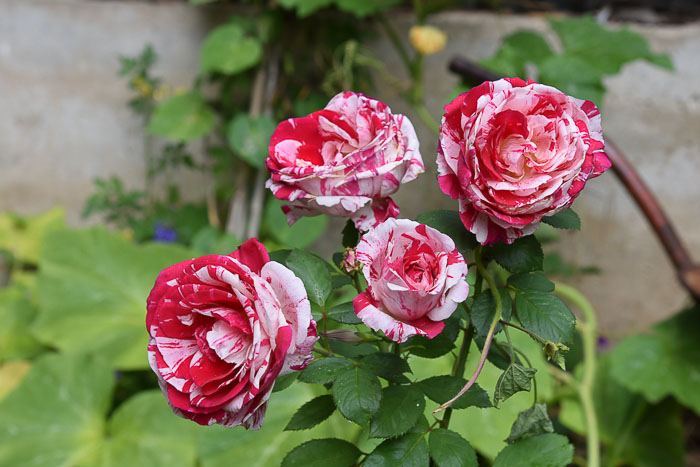
Does Epsom salt cure chlorosis?
Nope. It is true that magnesium is a physical part of the chlorophyll molecule. But since most soils are not deficient in magnesium then treating chlorosis with additional magnesium (Epsom salts) is useless.
If you go the route of adding magnesium instead of iron you only increase the problem.
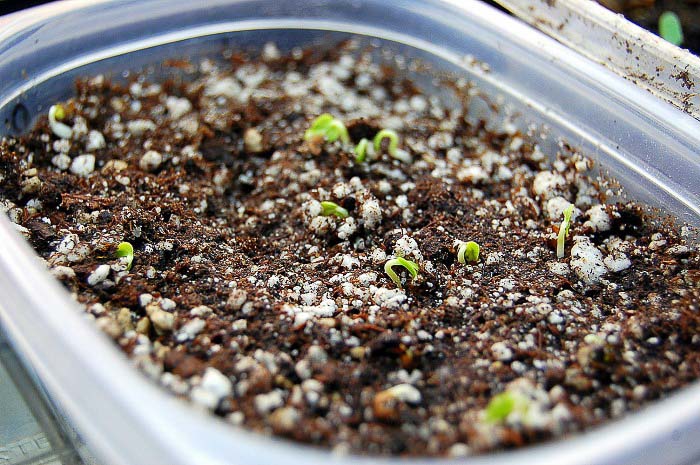
Epsom Salt improves seed germination
Say what?
Seeds need no extra nutrition and contain enough essential minerals to begin root growth and shoots on a mere paper towel.
Related: How to Start Seeds
Adding Epsom salt doesn’t do a thing and can actually restrict healthy growth.
Epsom Salt for houseplants
Houseplants aren’t as fortunate as our garden plants in that they can build up excessive nutrients in the confinement of pots.
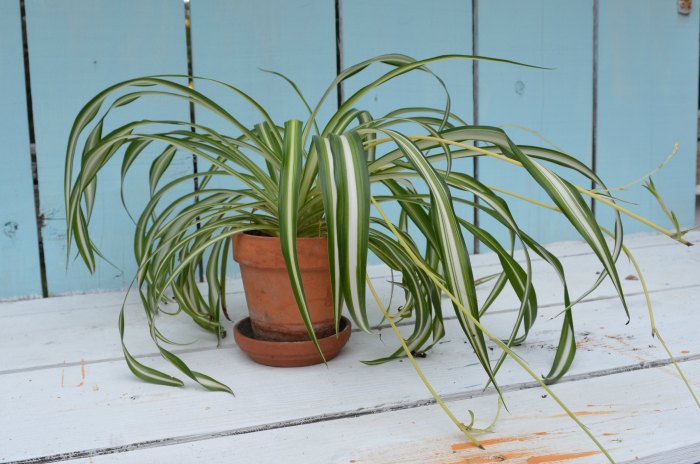
If you feed your houseplants a balanced fertilizer with all the necessary macro and micro nutrients then adding more magnesium and sulfur will only result in a build-up.
One reader complained that I was contradicting myself here. I have stated that Epsom Salts is highly soluble and leaches out of the soil into the environment and here I am stating it builds up.
The fact that it leaches out of garden soil is what makes it toxic to the environment but in the ratios presented online by folks, (like a gallon of water with a tablespoon of Epsom Salts), will build up in container plants causing issues because they are contained.
Adding Epsom salt produces more flowers
Flower production does not rely on magnesium or sulfur.
Flower production is more dependent on optimal temperatures and consistent watering.
Well, amended soil is key to good soil health and is the best thing for getting great flowering.
More flowers, more fruit. If you must use a fertilizer then I have found this one does an excellent job: Agrothrive Organic Liquid Fertilizer.
Related: Get more blooms on your Flowers
Epsom salt deters pests
Not even close. One claim I read was that sprinkling Epsom salt around your garbage cans will keep raccoons away as they don’t like the taste of it.
Sorry, this does not work in the least. Tried it, big fat fail!
What about slugs?
Again, EP did not do the job. Some claim that slugs and snails provide a benefit in the garden so better yet try to keep slugs and snails in check with some of the methods over at AllAboutSlugs.com.
But most importantly, it isn’t what Epsom salt doesn’t do but what it does!
Read on….this is the part I really want you to read…
What harm can it cause in the garden?

So we have learned that magnesium is not usually deficient in soil but what harm can it do in using it? So many gardeners swear by it!
The immediate danger is the imbalance of nutrients in the soil. Which in itself is contrary to what we as gardeners all want.
Well-balanced soil is your best garden recipe for success.
Excessive levels of magnesium sulfate can cause salt injury to plants. The unnecessary use of Epsom salt will not result in better plant growth but can actually make growth worse.
Overuse of magnesium sulfate has been linked to reduced root colonization of beneficial microbes such as nitrogen-fixing bacteria.
Also, excessive amounts of soil magnesium can release aluminum from the soil, making this toxic metal available to plants and aquatic systems. (and if we eat those plants it is a possible problem for us)
Did you know that to avoid magnesium toxicity, the calcium content of the soil needs to be at least 10 times higher than the magnesium?
So adding Epsom salt alone can cause that imbalance and create a toxic environment for the plants trying to grow. Even using it as a foliar spray can cause issues and does not treat powdery mildew.
The good thing is Epsom salt is highly soluble so it doesn’t persist in the soil for a long period of time.
But is that really a good thing?
Just think about that for a minute. Highly soluble means it washes away.
What many seem to ignore or do not think about is that the excess ends up somewhere, most often as a pollutant or contaminant in the environment especially waterways.
Since additional magnesium is rarely needed (get a soil test done) why potentially bring more harm to our already struggling environment?
Getting your soil tested will tell you what it actually needs instead of guessing based on misinformation.
Why do people use Epsom salt for plants instead of the best ways that are documented?
The urge to use common household products as garden fertilizers and pesticides is compelling for many gardeners who want simple, cheap, and what may seem to be harmless.
For some reason, we feel if we can use it and or consume it then it must be safe to put in the garden.
But before you use any chemical, even an organic one, in your garden or landscape you should ask yourself
• Is it really necessary?
• Can it cause damage?
The science behind any use of Epsom salts in gardening is only applicable in intensive crop production where it is known to be deficient in the soil.
Why I don’t use Epsom Salts in my garden
Main reason…It isn’t necessary or beneficial.
Therefore it is highly irresponsible to advise anyone to use Epsom salts for plants in the garden, on houseplants, or in the landscape without regard to what it can harm in the environment.
If your garden does not need the addition of magnesium sulfate then using Epsom salts will only create problems not enhance your gardening efforts.
Final thoughts…None of these so-called miracle recipes found on Pinterest, the internet, or garden websites are based on science, their use could create soil nutrient imbalances and cause substantial injury to plants and/or the environment.
Treat your soil to some good compost each season and you should have gardening success.
Take a lesson from forests and wildlands, growing lush and beautiful without the addition of anything bagged, mixed, or human misunderstandings of what the soil needs.
Your garden can be just as lush, produce a higher yield, and be gorgeous without a lot of expense. You will be working with nature and not against it. Learn how to feed your soil and it will care for your plants.
What is Epsom Salt good for?
Epsom Salt is often added to a hot bath as a good body soak after a hard day’s work to relax muscles. So add that cup of Epsom salt to your hot bath water and relax after a great day in the garden!
Its effectiveness at that is now being debated. It is also sold as a laxative and magnesium is good for that but I feel it is much easier to take a capsule than drink Epsom Salts.
More very POOR garden advice found on the internet!
Happy Gardening friends,

Please PIN and share
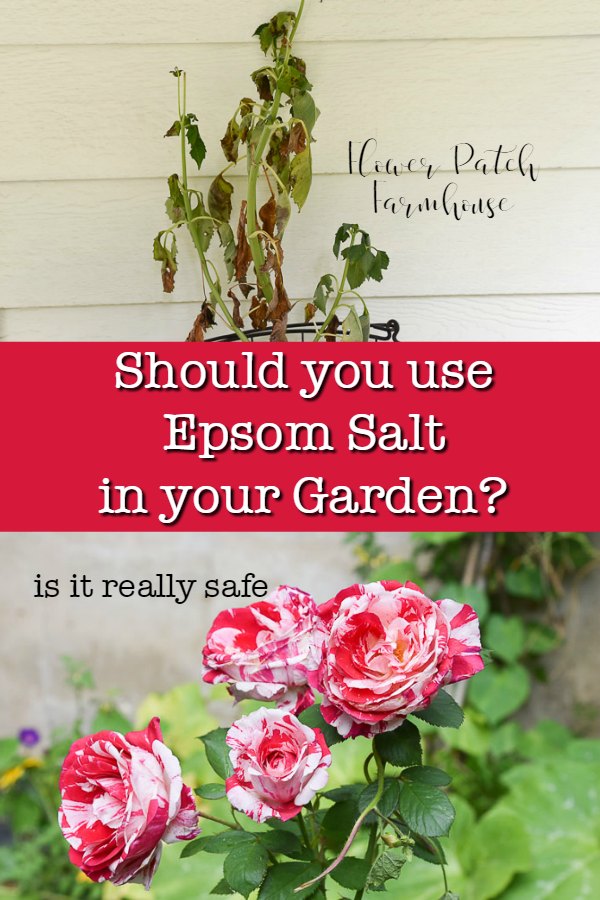
Resources:
Washington State University, N. Dakota State University, University of Saskatchewan, Michigan State University Extension
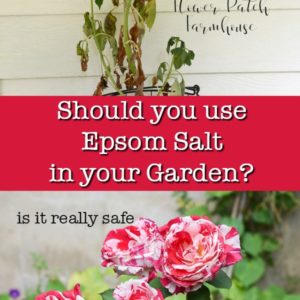
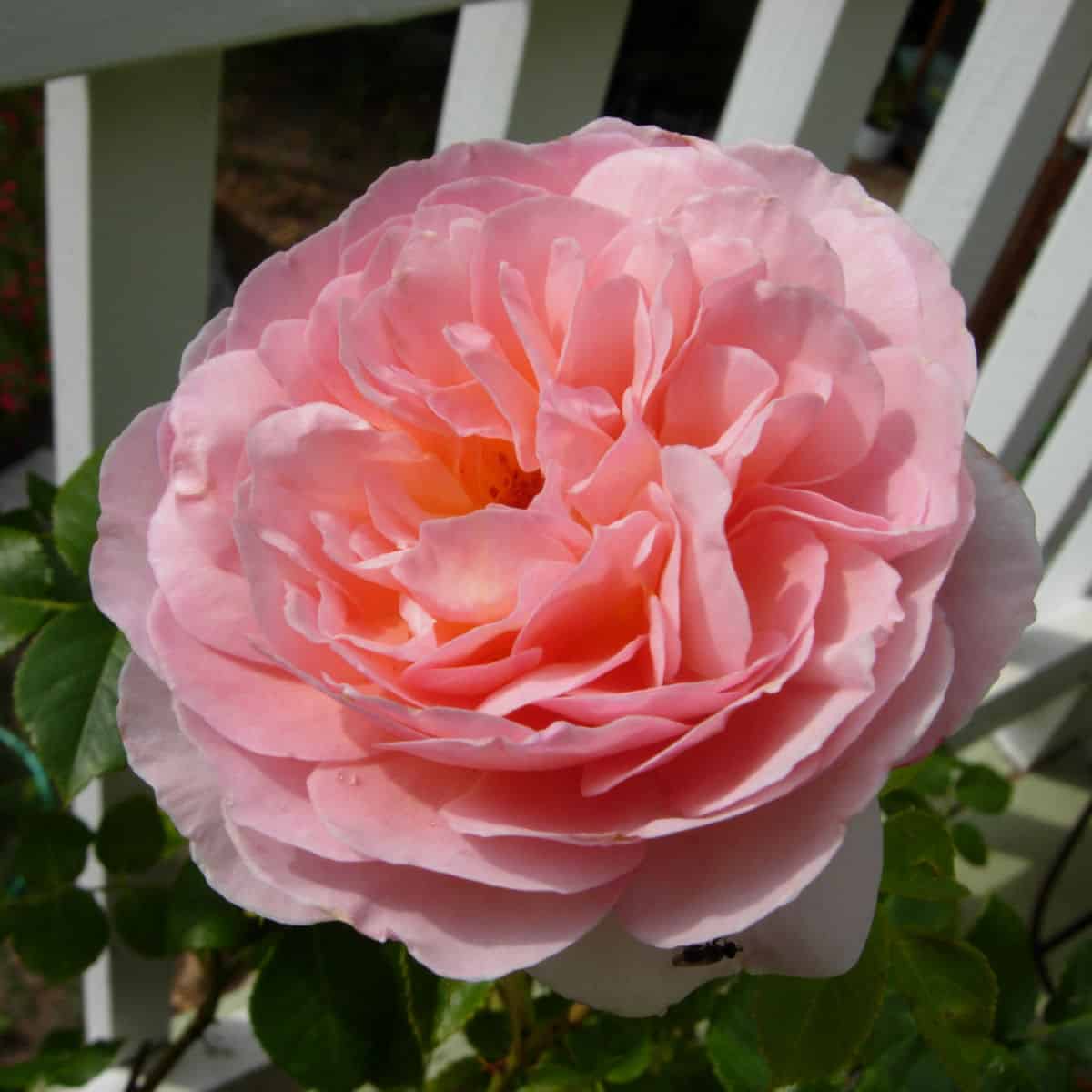
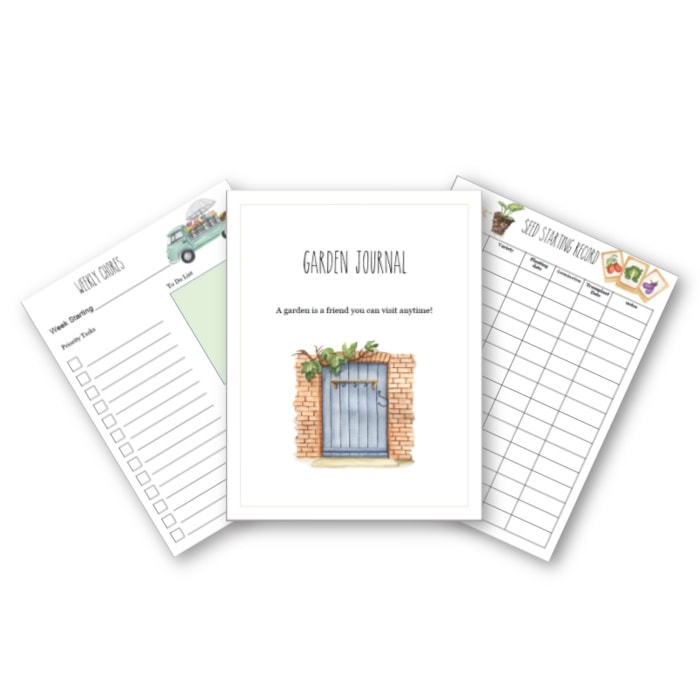
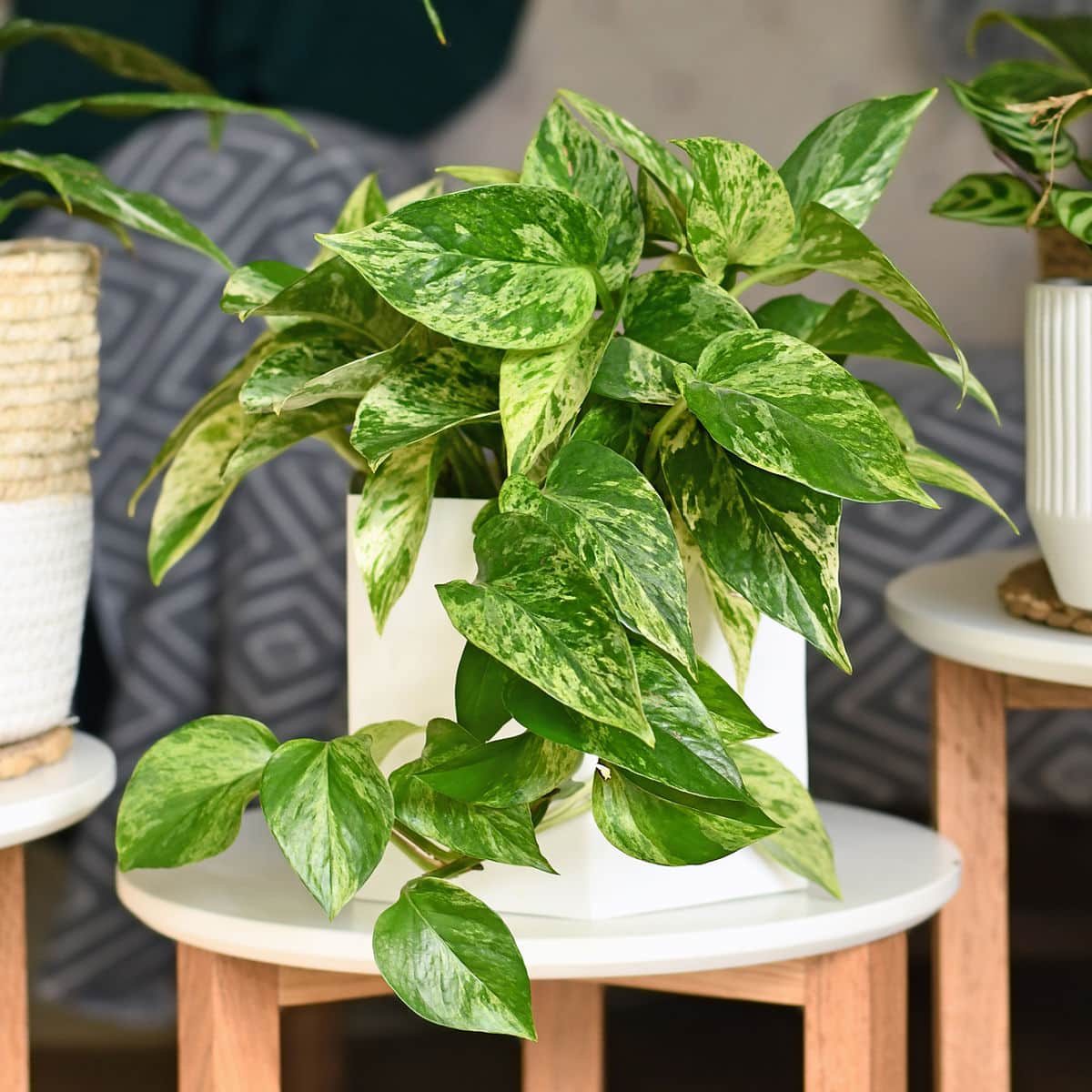
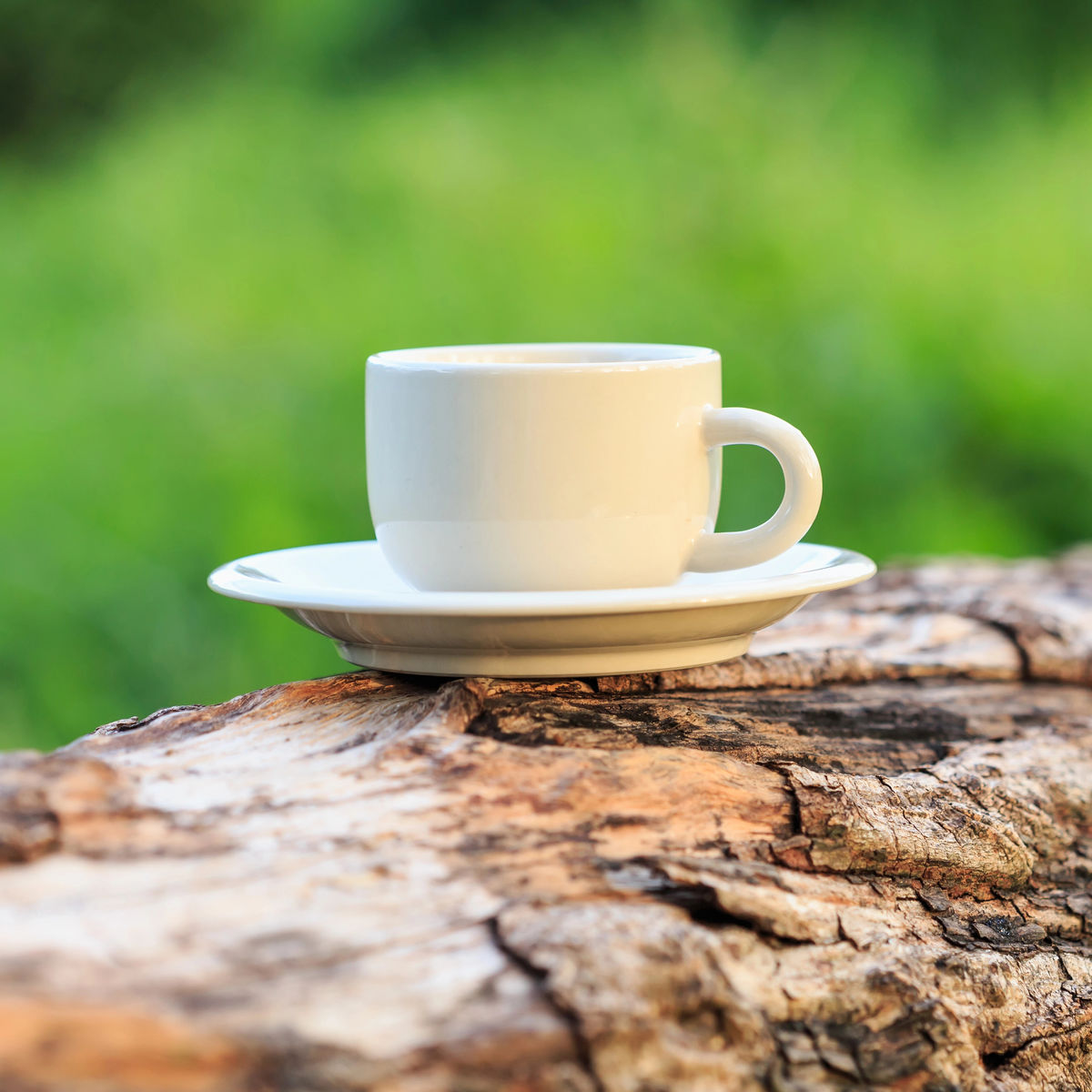
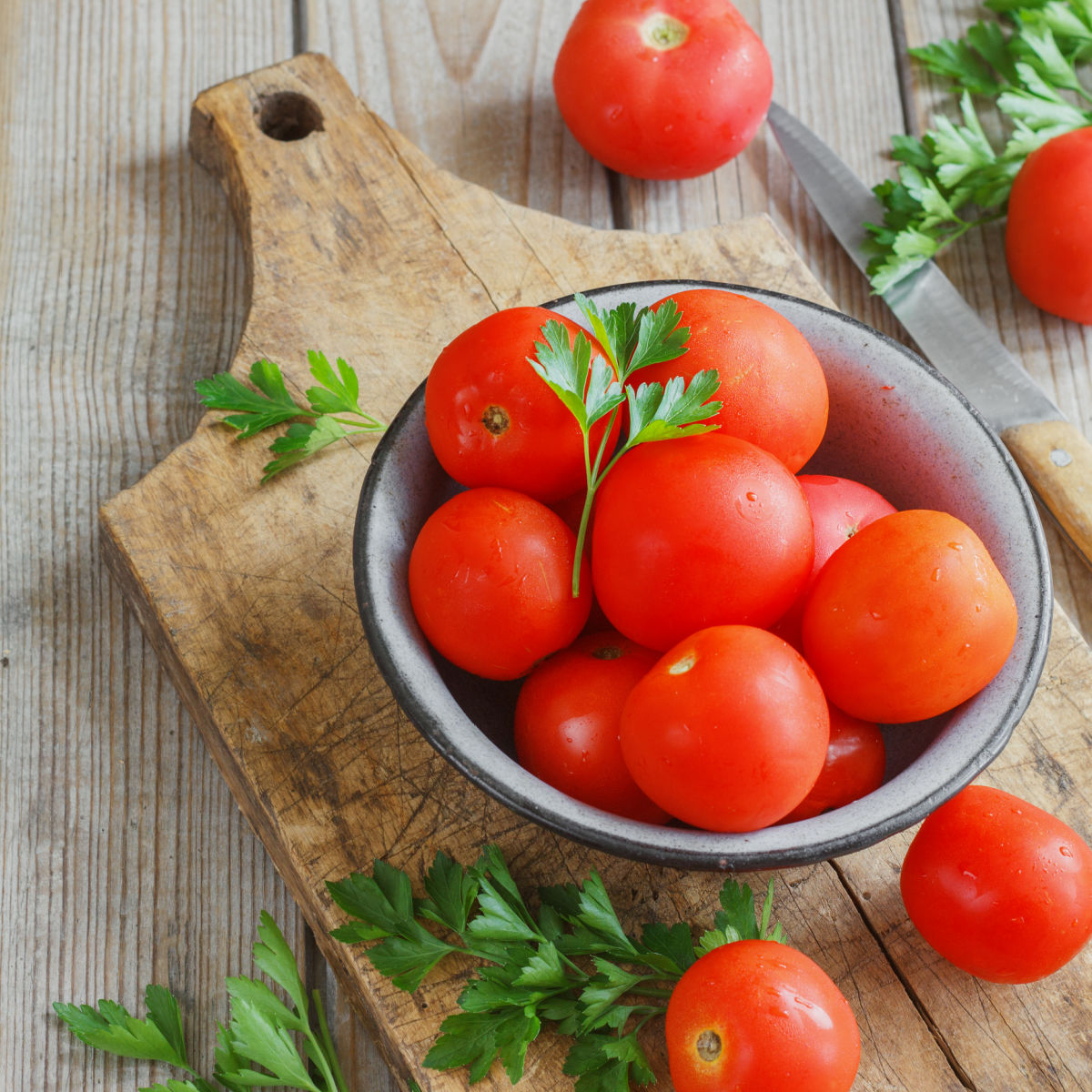
I agree about variables but the point of the article was it is better to find the cause and treat that than a symptom. Rather like taking an aspirin every time you get a headache rather than just stopping banging your head on the wall. So the majority of the time, in most home gardens, it is not the lack of magnesium available but the lack of healthy, well balanced soil. Spend time and energy feeding the soil and it will do the rest. I agree with the fast-draining, sandy soil bit but wouldn’t it be better to add organic matter to make it more able to retain water and thus mitigate the washing away of nutrients so quickly? In that scenario it isn’t only the magnesium that is washed away quickly but other nutrients as well. Thank you for your feedback. I do enjoy a healthy exchange.
Interesting article… thanks for your time and research Pamela. I am sure that scientifically the answer seems clear. However there are so many variables and interactions that can occur in different climates, soils and rainfall areas around the world. Like the medical profession …. The scientific research does not always come with a cure, because of the complexity of other factors. So I guess it pays each person to “bone-up” on what scientific info is available and then experiment to understand the local needs!
Personally, I have found it to be effective in certain situations! Light or fast draining sandy clay soils in particular. Best wishes… Michael
I am glad it worked for you but typically magnesium is not the only nutrient missing when something goes awry. Have you had your soil tested to see what else it may need. Just adding the Epsom Salts will eventually lead to a larger imbalance and create more problems, finding out the real issue is important. Adding organic matter to your soil is a better way to go about balancing the nutrients in it without the risk of overusing one component.
I consulted an advocado farmer as to why my advocado wasn’t producing any fruit. I was advised to feed them Epson salts, the next season the tree bore fruit for the first time and I’ve used it ever since with great results.
I’m so glad I found your article! I was going to try epsom salt as I read on Pinterest but thought I should research further and found this. Thank you so much!
Sandy soil is an exception and does lose magnesium quickly. So give it a whirl.
Good article. Always interested in good counterpoint. Live in Central Florida. Very sandy soil and watching podocarpus hedge leaves and plant dry up and die. Many point to magnesium depletion in sandy soil. Suggest epsom salt/water solution to help reverse this. Willing to consider other suggestions but am going to need to act quickly or lose 8-10 well established plants
And even then, most good fertilizers have the magnesium in them and will do that job. Rarely is magnesium the only nutrient that is deficient.
the moral of the story is don’t add Epsom salt unless a very detailed soil tests calls for it.
@Pamela, what about the evidence of it actually working before our eyes. You are just like doctors who won’t accept something that has actually cured someone because it hasn’t been proven scientifically. As I said previously this is a load of rubbish. It has worked for me every time I’ve needed it to.
@Pamela,
Thanks Pamela, please keep up your work in educating the ignorant.
With the tools and science we have today anybody that is truly interested can educate themselves. Let’s move on from “ it’s good because that’s how we’ve always done it”
Cheers to you!
No I am not I am self educated. I was not impressed with the Master Gardener program in our area when I gave it a try.
Hi Pamela, Just joined your site. Question for you: are you by any chance a Master Gardener? Thanks.
All of my statements are based on scientific evidence that has proven that magnesium is rarely deficient in soil thus adding more does nothing but pollute. It does not get used by plants and does not help with blossom end rot. Also unless you pulverize egg shells they do not break down enough to provide any calcium (another garden myth). This has been directly tested and proven by “soil scientists” not by hearsay. You bring no evidence to the table at all while I cited many resources based on science in many arenas. Bring me the evidence that proves what you say. Until you can prove it then I stand by the science. another resource: https://blog-yard-garden-news.extension.umn.edu/2019/05/myth-or-miracle-coffee-grounds.html
This post primarily focuses on plants in containers but at the end I share how to take care of fungus gnats in the garden too.
How to Control fungus gnats
Do you have a cure for fungus gnats in the garden?
I would love to get rid of them.
Epsom Salts is water soluble, just water well and it will wash away.
So what can I do if I made the mistake of using epsom salt? I used it first timw two days ago…my limes and lemons seems ok but my tomato plant is looking very sad…almost depressed…please help…
A chemical compound in science is referred to as salts, it does not have to be sodium..but here is another article other than the reference scientific articles listed at the end of the post: Epsom Salts does NOT effect soil ph.
Here is a good article on how to help with high alkaline soil: Reduce Alkalinity in your Soil
Epsom “Salt” does not contain sodium.
Therefore, you will not get a salt (sodium) buildup from using Epsom “Salts”
For those of us in low rainfall areas, we need to add plenty of mulch and sulphur to bring down the alkalinity for growing vegetables. We can choose to add sulphur or we can add Sulphur with Magnesium (Epsom “Salts”).
Many do yet the science does not back the findings and it can actually harm the environment, if it wasn’t for that last part I would not give a hoot as to anyone using it.
Thank you. A friend of mine swears by Epson Salts in his yard and on his plants
Epsom salt has always worked for me. There was a huge difference when I applied them in my garden.
It is tough to say…to be truthful there are so many different reasons a plant can begin to get yellow leaves from temperature change to over watering and more. Personally I repot whenever I get to it and have success though I think Jatropha are best repotted in Spring. No one has explained why that is so I am not sure that is true.
I have not every grown Jatropha so I have no personal experience to help you with. Sorry.
Shall I fertilize in the winter? I know I cannot repot during the winter but the leaves on my jatropha are turning yellow (not dormancy, but either a magnesiumm deficency or also needs to be repotted since the potting mix has setlled. By the way even though it is winter, the plant is growing but slowly. This jatropha is 3.5 feet tall.
I know it needs to be repotted and I am told you cannot repot a plant that is mostly a summer grower during the winter. This plant is irreplaceable.
So? fertilize even though winter? What other advice do you have.
We live in Florida an have well very sandy soil, we have used EP for decades An well we can see a diff in plants that are treated with it vs plants that were not treated . All the other claims I can’t comment on , We have tried to add to soil , an even have plots that have straight up amend just for veggies, But yrs some of the claims are just plain ridiculous .
Wrong. You are just plain wrong. Has worked for me on plants indoors and out.
I love this!!! And, you backed it with sound documentation. Great post!
I had just read about Epsom salt as a combatant for BER and was going to apply some today…then up popped your article, and I decided to re-think it…thanks for the info…
Good to know. Thanks!
Thank you so much for this article. And for confirming what I had intuitively felt but had never taken the time to research. I have never used it in the garden and now I am so glad that I haven’t. Thank you again so much.
Love this article!! Thanks for all the fabulous info in it.